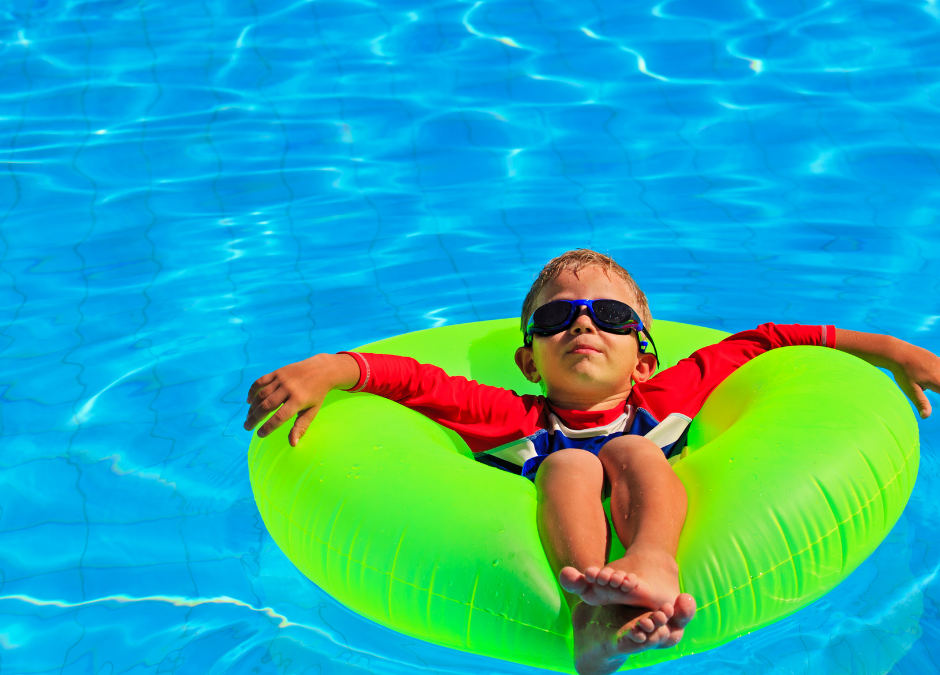TIP 1: Avoid the Heat
Stay out of the heat and keep indoors as much as possible during the hottest parts of the day. Spend time in an air-conditioned space. Only two hours a day in an air-conditioned space can significantly reduce the risk of heat-related illness. If air conditioning is not available, stay on the lowest floor out of the sunshine.
TIP 2: Dress for the Heat
Wear loose-fitting clothes that cover as much skin as possible. Lightweight, light-colored clothing that reflects heat and sunlight and helps maintain normal body temperature. Protect your face and head by wearing a wide-brimmed hat. Avoid too much sunshine. Sunburn slows the skin’s ability to cool itself. Use a sunscreen lotion with a high SPF (sun protection factor) rating.
TIP 3: Drink FOR the Heat
Drink plenty of WATER, even if you don’t feel thirsty. Even under moderately strenuous outdoor activity, the rate your body can absorb fluids is less than the rate it loses water due to sweat. However, if you have epilepsy or heart, kidney, or liver disease; are on fluid-restrictive diets, or have a problem with fluid retention should consult a doctor before increasing liquid intake.
TIP 4: Do not drink IN the Heat
Avoid alcoholic beverages and beverages with caffeine, such as coffee, tea, and cola. Alcohol and caffeine constrict blood vessels near the skin reducing the amount of heat the body can release. Although beer and other alcoholic beverages appear to satisfy thirst, they actually cause further body dehydration.
TIP 5: Living in the Heat
Slow down. Reduce, eliminate, or reschedule strenuous activities such as running, biking, and lawn care work when it heats up. The best times for such activities are during the early morning and late evening hours. Take cool baths or showers, use cool, wet towels, and take a dip in a pool.


Recent Comments